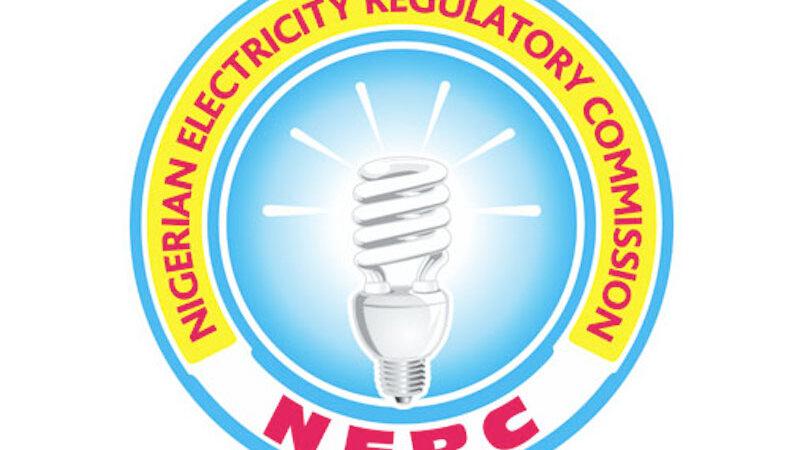Stories by Chineme Okafor in Abuja
The federal government is largely shouldering the risks in Nigeria’s privatised electricity market through its interventions, thereby leaving the operators, mostly generation and distribution companies to take the benefits, a former chairman of the Nigerian Electricity Regulatory Commission (NERC), Dr. Sam Amadi, has said.
Amadi while speaking to THISDAY on the recent decision of the NERC to penalise eight distribution companies (Discos) by withdrawing their operational licenses for reportedly abusing extant sections of the country’s electricity law – the Electric Power Sector Reform Act (EPSRA) 2005, explained that despite giving bailouts to the sector, the government has however failed to control abusive market behaviours of the operators.
He said such situation was unfair, and that it suggested the bailouts encouraged bad corporate behaviours.
The government in 2014 provided N213.4 billion as bailout to the sector through the Central Bank of Nigeria (CBN)-Nigeria Electricity Market Stabilisation Facility (NEMSF).
It subsequently made available another N701 billion through the CBN in 2017 for the sector and could provide an additional N600 billion as bailout to the sector soon.
“The bailouts are unfortunately but necessary except you want cessation of electricity business in Nigeria. Bailouts are what you get when your reform fails; when there is no commercial viability in the sector. Government must step in.
“But my problem is the manner of the step-in. Government is taking all the risks and leaving benefits to private operators. If you provide the money, then take some responsibility for decision making so you can control market behavior. Otherwise the bailout becomes a moral hazard that induces bad corporate behavior,” Amadi said.
He also talked about the enforcement action on the Discos which the NERC recently disclosed the final outcome of its review of their response, and in which Port Harcourt and Enugu Discos would be investigated further by the commission.
According to Amadi, the NERC could do a comprehensive enforcement rather than focus only on the Discos’ financial remittances.
“In periods of acute scarcity of electricity regulators conceive their job to be mostly to stimulate investment through business-friendly regulation. We saw that in the history of UK privatisation of utilities especially electricity. The wisdom of this could be that in our present circumstances what the consumers need mostly is supply rather than even customer care as such.
“We want more power and worry less about the quality of power. But the regulator needs to work the trapeze and somehow protect consumers interest while promoting production of power.
“In theory this works fine. In practice the balance must tilt one side. Presently the operators are getting more attention with all the ‘bail-outs’ and focus on tariff regime. But we need to drive satisfaction for consumers by putting the Discos feet on the fire. I think the query to Discos should not just focus on failure to settle bills. It should include failure to serve customers well,” he added.
The NERC had given the eight Discos until December 7, to respond to its notice of intention to revoke their operational licences.
The Discos- Abuja, Benin, Enugu, Ikeja, Kaduna, Kano, Port Harcourt and Yola- were accused by the NERC of committing various regulatory infractions.
They were in October issued notices of intention to cancel their distribution licences by the NERC, which alleged that they breached provisions of the Electric Power Sector Reform Act (EPSRA) 2005; terms and conditions of their respective distribution licences and the 2016 to 2018 minor review of the Multi Year Tariff Order (MYTO) and Minimum Remittance Order for 2019.
NERC had also stated that the Discos would have about 60 days to appeal the order.
According to NERC, Section 74 of the EPSRA and the terms and conditions of Discos’ licences indicated that they breached the law and failed to remit approved minimum amounts of the sector’s revenue to the market.
NERC said it had reasonable cause to believe that the Discos breached the provisions of the EPSRA, terms and conditions of their respective distribution licences, the 2016 to 2018 minor review of the MYTO and the minimum remittance order for 2019.


